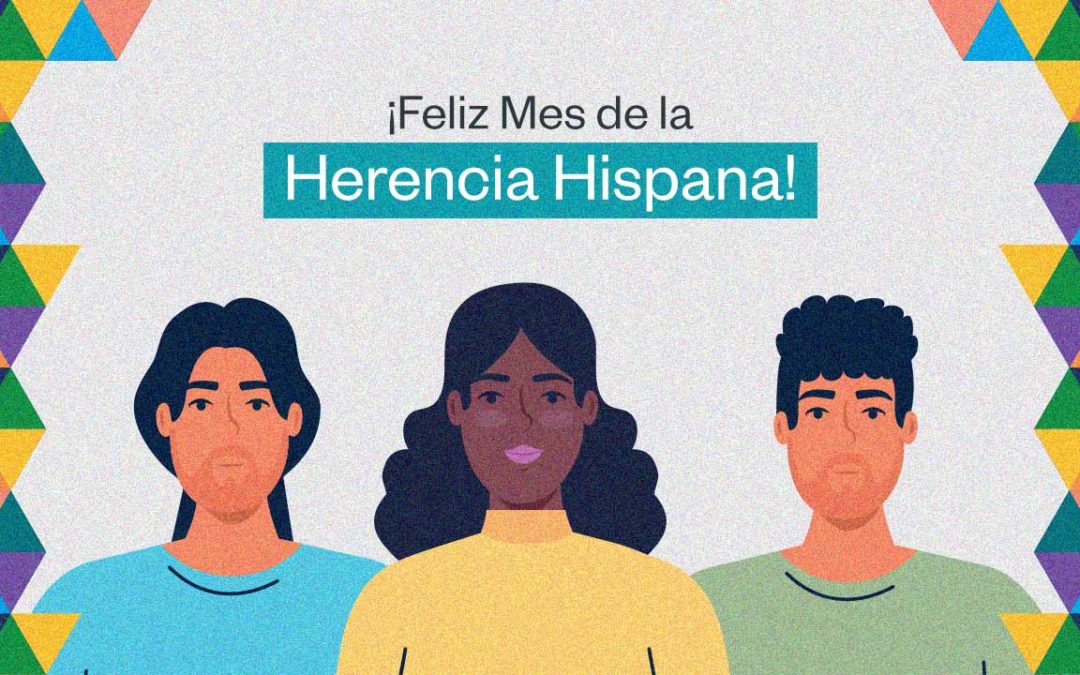The rich cultural history of the Hispanic/Latino community has inspired and influenced many aspects of American culture. We recognize the strong contributions of prominent Latino and Hispanic figures in arts, literature, politics, business, and sports by observing National Hispanic Heritage month every year from September 15 through October 15. Many people may not be aware of this cultural celebration that is derived from people of Hispanic and Latino origin from Mexico, Central America, South America, Caribbean that acknowledges the influences of people of Hispanic and Latin heritage in literature, art, music, folk art, food, and dance, as well as religion and other customary practices.
Historically, Hispanic Heritage Week first began when U.S. Congressman Edward R. Roybal of Los Angeles and U.S. Congressman Henry B. Gonzales of San Antonio were among those who introduced legislation on the topic in 1968. President Lyndon Johnson implemented the observance as Hispanic Heritage Week that same year. U.S. Rep. Esteban E. Torres of Pico Rivera proposed the observance be expanded to cover its current 30-day period. President Ronald Reagan implemented the expansion to Hispanic Heritage Month, it was enacted into law on August 17, 1988.
The reason for the observation occurring in the middle of September and not the beginning of the month is because September 15 marks the anniversary of independence for several Hispanic countries like El Salvador, Guatemala, Nicaragua, Honduras, and Costa Rica who declared their independence from Spain in 1821. Additionally, on September 16, Mexico celebrates its independence, as well as Chile on September 18 and Belize on September 21.
Latinos remain an important part of the nation’s overall demographic story. Between 2010 and 2019, the Latino share of the total U.S. population increased from 16% to 18%. (Pew, 2020) The history of Latinos and Hispanics in the United States is far-reaching and valued.
Many festivals, parades, concerts, and celebrations are held throughout U.S. cities to commemorate National Hispanic Heritage Month. Although this year will be different due to COVID-19 and adhering to social distancing guidelines, many people will have to get creative with celebrations and activities. One suggestion is possibly hosting virtual celebrations.
Individually, you can do your part to recognize National Hispanic Heritage Month by perhaps deciding to take up Spanish classes online, reading books on Spanish literature, or immersing yourself in Spanish art, and history. If you want to get creative in the kitchen, you can put your culinary skills to the test by preparing an authentic Hispanic-themed dinner. If cooking is not your thing, you can order from local Hispanic-owned restaurants in your area to support them during these times.
Feliz Mes de la Herencia Hispana
Reference: Luis Noe-Bustamante, Mark Hugo Lopez and Jens Manuel Krogstad., (2020). U.S. Hispanic population surpassed 60 million in 2019, but growth has slowed. Pew Research Center.
